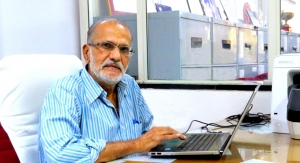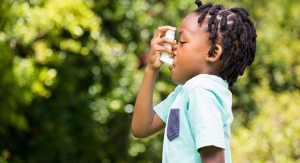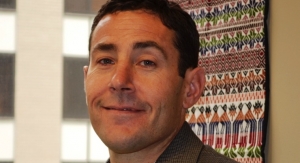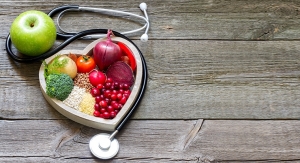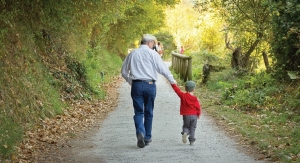04.15.19
One-third of people with a cancer diagnosis use complementary and alternative medicines such as meditation, yoga, acupuncture, herbal medicine, and dietary supplements.
Herbal supplements were the most common alternative medicine and chiropractic, or osteopathic manipulation, was the second most common, according to analysis by Nina Sanford, MD, an assistant professor of Radiation Oncology from UT Southwestern Medical Center, who specializes in and treats cancers of the gastrointestinal tract. Sanford analyzed data from the Centers for Disease Control and Prevention’s National Health Interview Survey. Her findings were published in the journal JAMA Oncology.
“Younger patients are more likely to use complementary and alternative medicines and women were more likely to, but I would have thought more people would tell their doctors,” Sanford said, referring to the finding that 29% of people who use complementary and alternative medicine did not tell their physicians. Many survey respondents said they did not say anything because their doctors did not ask, or they did not think their doctors needed to know.
Sanford and other cancer specialists agreed this is concerning, especially in the case of herbal supplements.
“You don’t know what’s in them,” Dr. Sanford said. “Some of these supplements are kind of a mishmash of different things. Unless we know what’s in them, I would recommend patients avoid using them during radiation because there’s likely not data on certain supplements, which could interfere with treatment. With radiation specifically, there is concern that very high levels of antioxidants could make radiation less effective.”
David Gerber, MD, a lung cancer specialist and a professor of Internal Medicine and Population and Data Sciences at UTSW, said physicians need to know if their patients use herbal supplements because they can affect traditional cancer treatments.
“They may interact with the medicines we’re giving them, and through that interaction it could alter the level of the medicine in the patient,” he said. “If the levels get too high, then toxicities increase, and if the levels get too low, the efficacy would drop.”
While doctors are highly cautious about the use of herbs and other supplements during treatment, they are much more open to meditation and yoga as practices that can help patients cope with the shock of a cancer diagnosis and the stress of chemotherapy, radiation, and surgery.
“We strongly advise patients to stay active and engage in exercise during treatment,” Sanford said. “A common side effect of radiation is fatigue. I let the patients know that the patients who feel the most fatigue are the ones who are the most sedentary and that those who are doing exercise are the ones who frequently have the most energy.”
Herbal supplements were the most common alternative medicine and chiropractic, or osteopathic manipulation, was the second most common, according to analysis by Nina Sanford, MD, an assistant professor of Radiation Oncology from UT Southwestern Medical Center, who specializes in and treats cancers of the gastrointestinal tract. Sanford analyzed data from the Centers for Disease Control and Prevention’s National Health Interview Survey. Her findings were published in the journal JAMA Oncology.
“Younger patients are more likely to use complementary and alternative medicines and women were more likely to, but I would have thought more people would tell their doctors,” Sanford said, referring to the finding that 29% of people who use complementary and alternative medicine did not tell their physicians. Many survey respondents said they did not say anything because their doctors did not ask, or they did not think their doctors needed to know.
Sanford and other cancer specialists agreed this is concerning, especially in the case of herbal supplements.
“You don’t know what’s in them,” Dr. Sanford said. “Some of these supplements are kind of a mishmash of different things. Unless we know what’s in them, I would recommend patients avoid using them during radiation because there’s likely not data on certain supplements, which could interfere with treatment. With radiation specifically, there is concern that very high levels of antioxidants could make radiation less effective.”
David Gerber, MD, a lung cancer specialist and a professor of Internal Medicine and Population and Data Sciences at UTSW, said physicians need to know if their patients use herbal supplements because they can affect traditional cancer treatments.
“They may interact with the medicines we’re giving them, and through that interaction it could alter the level of the medicine in the patient,” he said. “If the levels get too high, then toxicities increase, and if the levels get too low, the efficacy would drop.”
While doctors are highly cautious about the use of herbs and other supplements during treatment, they are much more open to meditation and yoga as practices that can help patients cope with the shock of a cancer diagnosis and the stress of chemotherapy, radiation, and surgery.
“We strongly advise patients to stay active and engage in exercise during treatment,” Sanford said. “A common side effect of radiation is fatigue. I let the patients know that the patients who feel the most fatigue are the ones who are the most sedentary and that those who are doing exercise are the ones who frequently have the most energy.”



